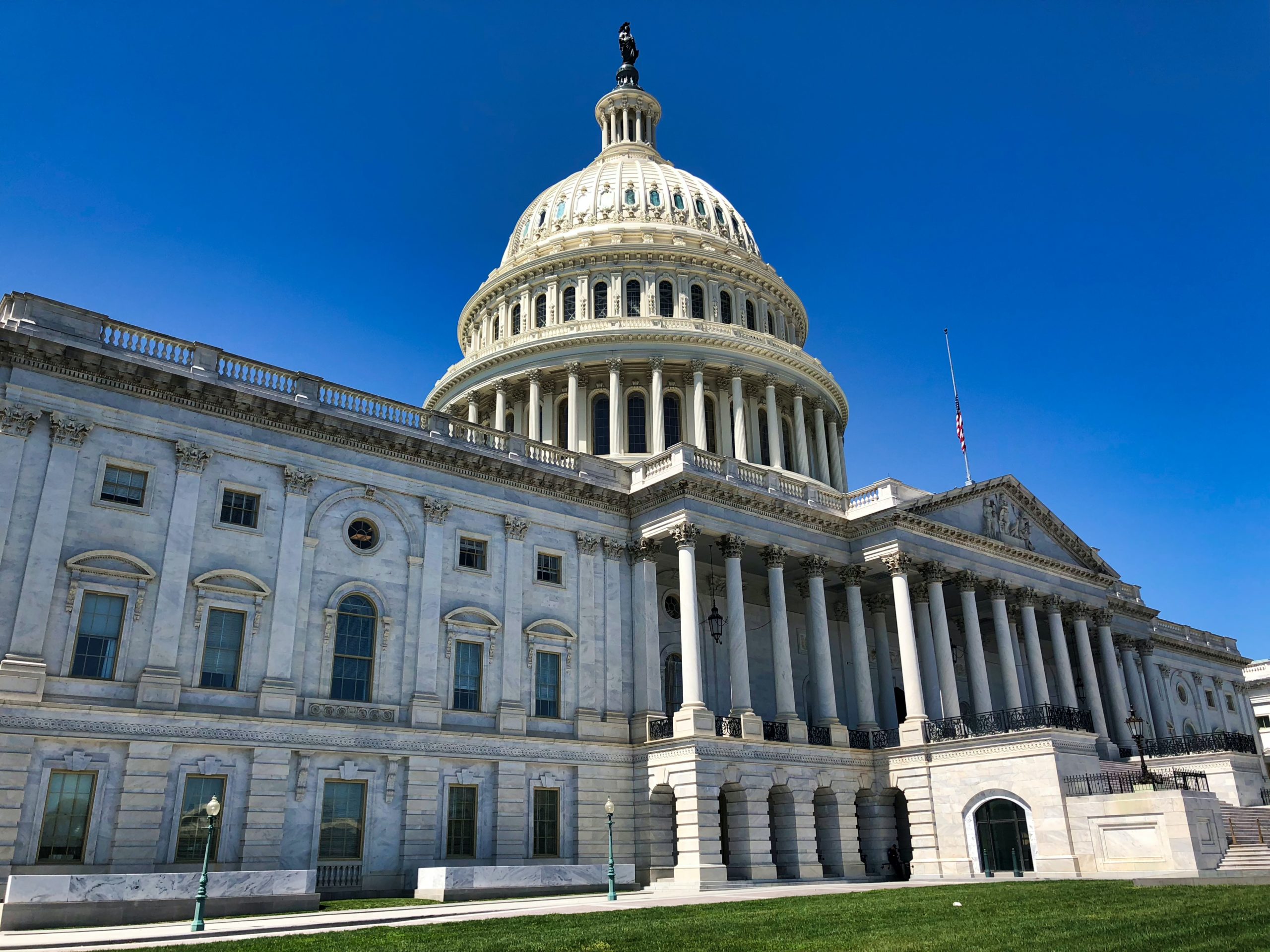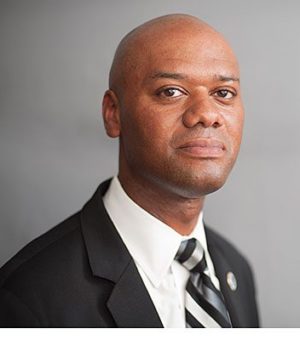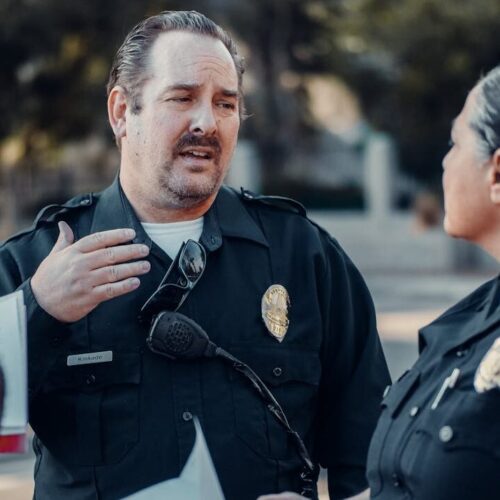
Congress Extends Justice and Mental Health Collaboration Program for Another Five Years
President Biden signed into law on Tuesday legislation that reauthorizes the Justice and Mental Health Collaboration Program at $54 million annually for an additional five years. The provision was included in the Traumatic Brain Injury (TBI) and Post-Traumatic Stress Disorder (PTSD) Law Enforcement Training Act, which would require the U.S. Department of Justice’s Office of Justice Programs’ Bureau of Justice Assistance to establish crisis intervention training tools for law enforcement officers to address individuals with TBIs, acquired brain injuries, and PTSD.
Over the years, the Justice and Mental Health Collaboration Program (JMHCP) has been championed by Rep. Bobby Scott (D-VA) and Sen. John Cornyn (R-TX). They recently led efforts to fund the program for fiscal year 2023. Because of their efforts, the program has gone from being funded at $5 million in fiscal year 2006 to $40 million in fiscal year 2022. In 2016, their legislation to reauthorize JMHCP was included in the 21st Century Cures Act. And earlier this year, along with Sen. Amy Klobuchar (D-MN) and Reps. Steve Chabot (R-OH), Sheila Jackson Lee (D-TX), and Tom Emmer (R-MN), they introduced standalone legislation to reauthorize the program.
Since its inception, JMHCP has supported initiatives across the country to reduce contact with the criminal justice system and increase access to treatment and supports for people with behavioral health needs. JMHCP was created by the Bureau of Justice Assistance in 2006 as a critical way to support the Mentally Ill Offender Treatment and Crime Reduction Act, which was signed into law in 2004 by then-President George W. Bush. JMHCP’s mission, then and now, has been to unify justice and health partners around a common goal: reducing criminal justice involvement for people with mental health conditions, or mental health and co-occurring substance use conditions, and connecting them to treatment and services.
Collectively, state and local governments use JMHCP grants for a broad range of activities, including establishing diversion programs, creating or expanding community-based treatment programs, supporting the development of curricula for police academies and orientations, and providing in-jail treatment and transitional services. Additionally, grant funds may be used to train law enforcement on identifying and improving their responses to people experiencing a mental health crisis. Grants awarded under this program have funded mental health courts and other court-based initiatives, and have been used by law enforcement agencies to establish initiatives such as co-responder teams, mobile crisis teams, and crisis intervention teams, which reduce encounters with people who have mental illnesses and connect them to services. Since 2006, more than 600 JMHCP grants have been awarded to agencies and organizations in 49 U.S. states, the District of Columbia, Guam, and American Samoa.
JMHCP has the support of diverse organizations that represent law enforcement officers, judges, court personnel, corrections officers and leaders, policymakers, faith-based leaders, mental health professionals, people with mental illnesses and their families, suicide prevention advocates, and veterans service providers. These groups include the Addiction Policy Forum, American Foundation for Suicide Prevention, American Jail Association, American Probation and Parole Association, Major Cities Chiefs Association, Major County Sheriffs of America, Miami Center for Mental Health and Recovery, National Alliance on Mental Illness, National Association of Counties, National Association of Police Organizations, National Association of State Alcohol and Drug Abuse Directors, National Association of State Mental Health Program Directors, National Conference of State Legislatures, National Criminal Justice Association, National District Attorneys Association, National League of Cities, National Sheriffs’ Association, and Treatment Alternatives for Safe Communities, among other organizations.
The TBI and PTSD Law Enforcement Training Act was introduced by Reps. Bill Pascrell (D-NJ), John Rutherford (R-FL), Don Bacon (R-NE), and Val Demings (D-FL). Companion legislation was led in the Senate by Jon Ossoff (D-GA) and Charles Grassley (R-IA). In addition to developing and implementing PTSD and TBI trainings, which would in turn be included in the Police-Mental Health Collaboration Toolkit—the legislation will also require a new Centers for Disease Control and Prevention study of law enforcement and first responders who may have suffered a TBI in the line of duty.
Learn more about JMHCP.
Photo credit: mitch-wagner
About the author

The sharp rise in school shootings over the past 25 years has led school officials across the U.S.…
Read MoreA three-digit crisis line, 988, launched two years ago to supplement—not necessarily replace—911. Calling 988 simplifies access to…
Read MoreIt would hardly be controversial to expect an ambulance to arrive if someone called 911 for a physical…
Read More Taking the HEAT Out of Campus Crises: A Proactive Approach to College Safety
Taking the HEAT Out of Campus Crises: A Proactive Approach to College Safety
The sharp rise in school shootings over the past 25 years has…
Read More From 911 to 988: Salt Lake City’s Innovative Dispatch Diversion Program Gives More Crisis Options
From 911 to 988: Salt Lake City’s Innovative Dispatch Diversion Program Gives More Crisis Options
A three-digit crisis line, 988, launched two years ago to supplement—not necessarily…
Read More Matching Care to Need: 5 Facts on How to Improve Behavioral Health Crisis Response
Matching Care to Need: 5 Facts on How to Improve Behavioral Health Crisis Response
It would hardly be controversial to expect an ambulance to arrive if…
Read More











